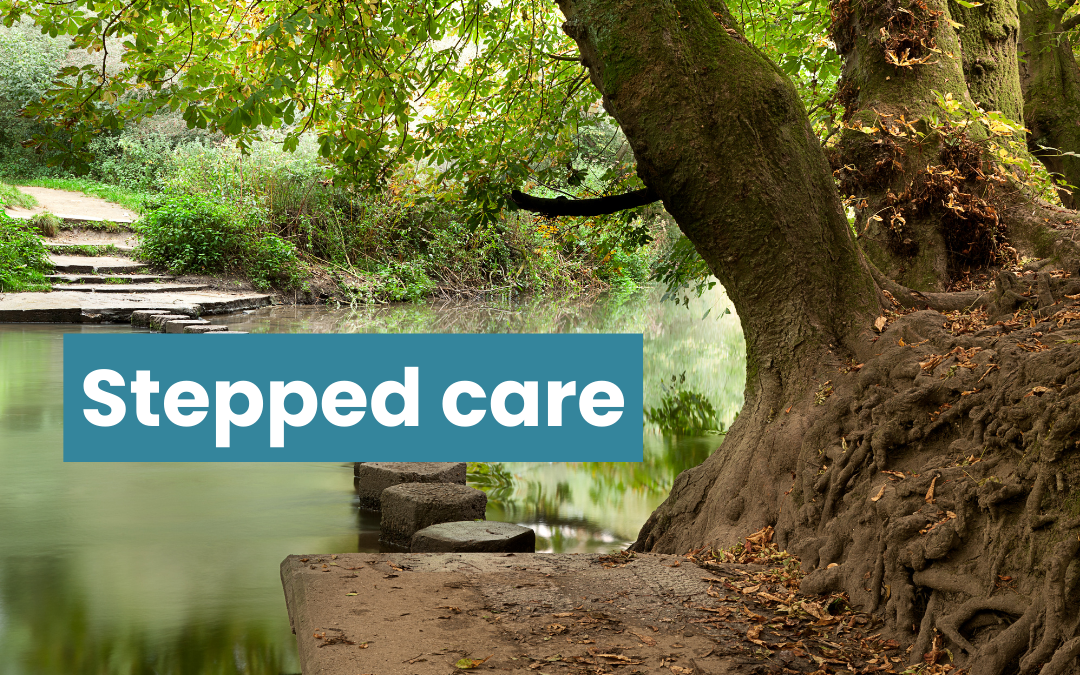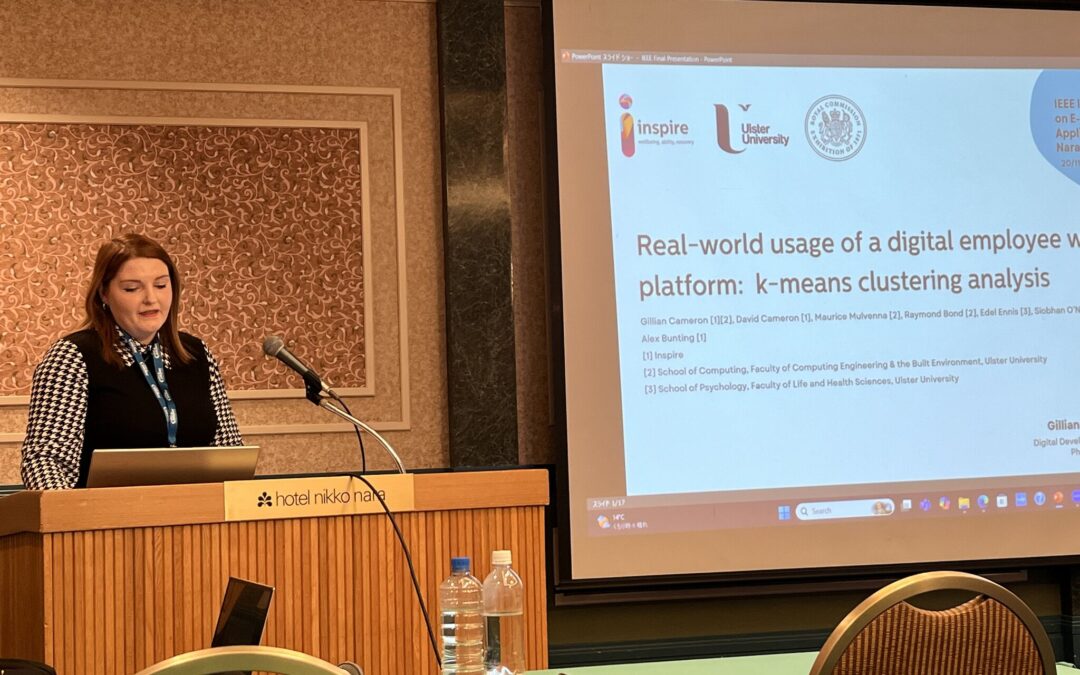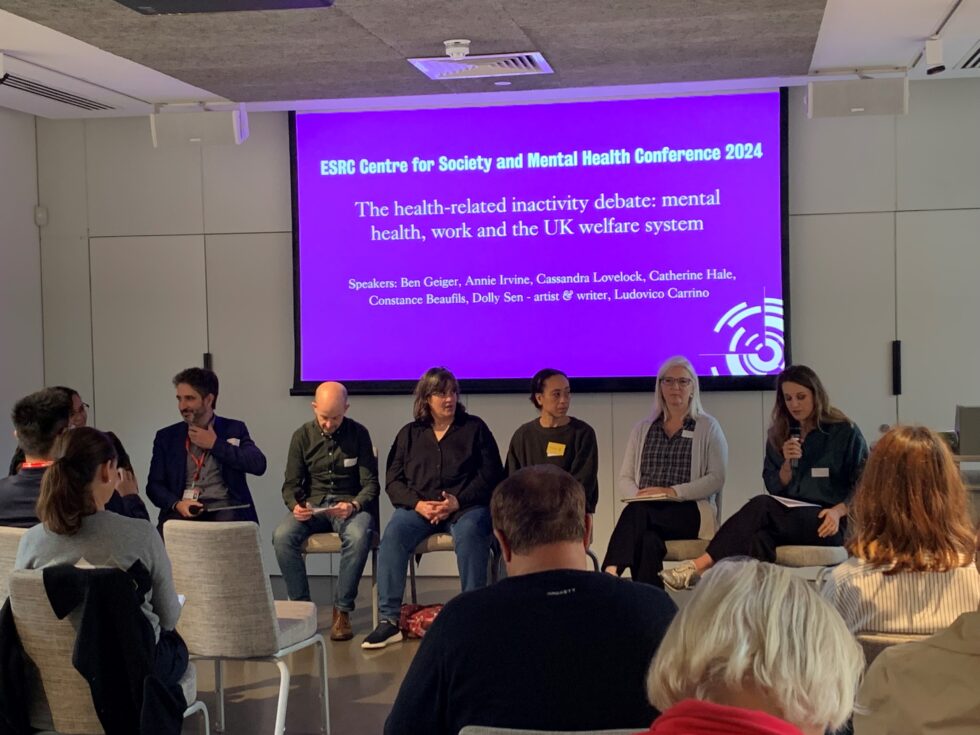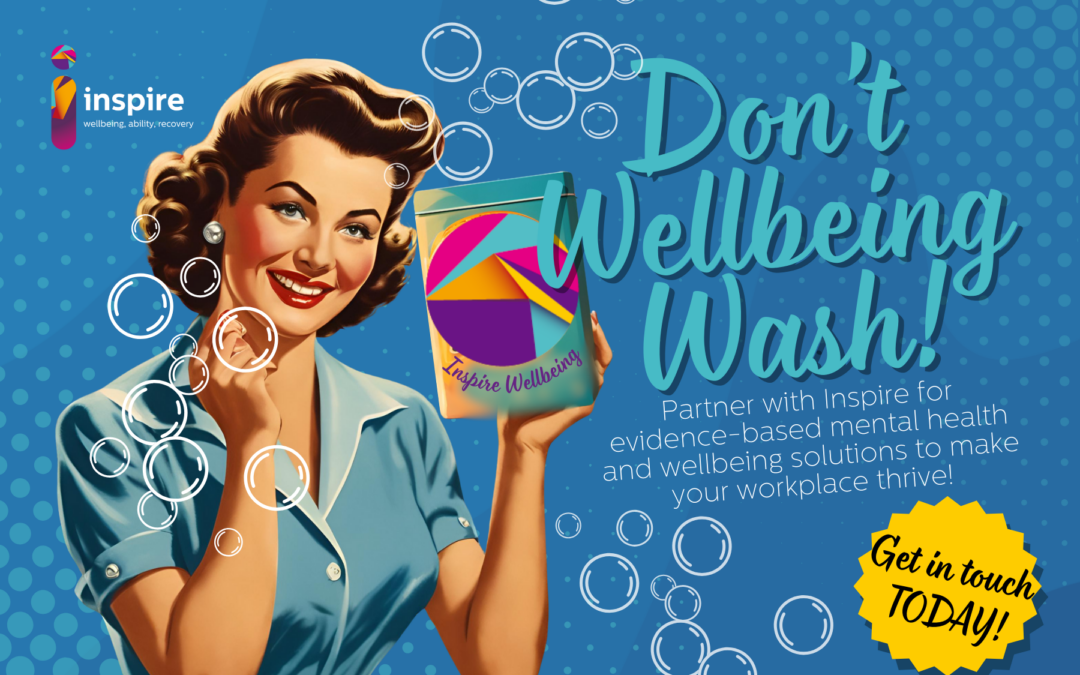As we count down to World Mental Health Day on 10th October, Inspire’s focus is very much on our ‘Don’t Wellbeing Wash’ campaign.
Wellbeing washing is similar to green washing, its arguably more infamous cousin. It describes a company or organisational ethos that focus more on the illusion of staff wellbeing than the substance.
Of course, it’s easy to say “Don’t wellbeing wash” without further explanation but the theory underlying that message is sound and worth following. In fact, it underpins every aspect of Inspire’s values-based and person-centred employee assistance programme (EAP). We are an organisation with 65 years of experience behind us, a mental health social enterprise that understands the landscape in which we operate. For us, ethical, timely support for individuals at the point of need is the priority; compassionate practices trump corporate objectives every time.
As a consequence, our EAP customer feedback has praised the quality of care, the rapid access to it and the personal touch that we bring to the fore. These attributes, along with our high standards of governance, continue to mark us out.
In our view, responsible employers invest in their workforces by undertaking a hands-on and pragmatic approach to employee mental health. In fact, there are a number of things that you can consider, now, if you want to follow a better path.
Leaders, set the tone
Healthier teams are more likely to be present, engaged and committed to key strategic goals. On the other hand, people can become jaded and disengaged if they believe their employers to be only superficially interested in their wellbeing.
It may seem obvious but management is fundamental to establishing a happy workplace. The truth is, a positive working culture should no longer be simply regarded as a nice aspiration. In an era that will be forever defined by 2020’s Covid lockdowns, as well as the many associated traumas and upheavals, prioritising workforce wellbeing is a task demanding leadership and enthusiasm from the top.
Listen to your colleagues
Avoid falling into the trap of wellbeing washing by making a genuine commitment to your colleagues, taking the time to hear what they have to say. If you want to know what your employees think about something, ask them.
Tools such as pulse surveys will gather feedback from staff, collating a range of views on any number of topics. Understanding their needs and gauging their mood will empower you. It is from this point that you can take real steps to address effectively the concerns inherent to any organisation, from remuneration and workload to stress, the need for flexibility and workplace conflicts.
Provide ongoing support
Workplace wellbeing requires not only support from leadership but consistent commitment, too. It should come in the form of holistic and wide-ranging initiatives that feel current and flexible, responsive to team feedback and changing circumstances.
Inspire operates an extensive range of training programmes relating to mental health awareness, lifestyle and wellbeing, leadership and management, and development and coaching. Our 24-hour workplace counselling service is staffed by professionals, easily accessible and, of course, completely confidential. Beyond these, and in circumstances where targeted and sustained assistance is necessary, Inspire also offers long-term mental health supports. The Inspire Support Hub – a digital platform featuring a variety of self-help toolkits and information resources – complements and augments all of this.
If you would like to find out more about what we do, please feel free to contact enquiries@inspirewellbeing.org.
More from our blog
Menopause and work
The menopause is a natural biological process. It occurs when your ovaries age and naturally produce lower levels of reproductive hormones. The menopause may have a significant impact on home life and work performance. This can be unsettling, particularly if a particular role carries lots of responsibility. The hormonal changes…
Understanding Stepped Care and its role in workplace wellbeing
The stepped care model is a fundamental part of Inspire's workplace offering. So, what is it and why is it so important?
Winter wellbeing 2024
The festive season is here and we’re keen to highlight some wellbeing tips for now and the New Year. Head into 2025 in the best possible frame of mind. Switch off Technology allows us to be constantly connected to colleagues, family and friends. That is often a good thing but…
Reflections on IEEE eHealthCom 2024: Insights, Innovation, and Inspiration in Nara, Japan
Inspire’s Digital Development Lead, Gillian Cameron, reflects on her recent trip to Nara, Japan for the IEEE eHealthCom conference. Last week, I had the privilege of attending and presenting at the IEEE eHealthCom 2024 conference in Nara, Japan. This annual event brings together researchers, industry leaders, and policymakers to discuss…
Mental Health on the Agenda at King’s College London
Inspire’s Policy & Campaigns Office, Matthew Coyle, reflects on his recent trip to King’s College London and the knowledge gained at the ESRC Centre for Society and Mental Health’s annual conference. I had the privilege earlier this month of attending the ESRC Centre for Society and Mental Health’s third annual conference in…
Healthy Organisations Commit to Person-Centred Wellbeing
Employment takes up a good deal of our time. According to the Office of National Statistics, the average UK worker spends over 36 hours in work every week; in Ireland, that figure is 38.5. On World Mental Health Day, understand the effect that wellbeing washing can have on workers and…
World Mental Health Day: Don’t Wellbeing Wash
World Mental Health Day (WMHD), which takes place every year on 10th October, offers us all an opportunity to gather and talk about mental health, demonstrating to everyone that this is a subject worthy of open, honest discussion and explanation. In 2024, Inspire is marking WMHD by highlighting the important issue…
Government Action on Work-Life Balance a Positive Sign
The UK Government has announced plans to introduce new codes of practice for businesses, which are aimed at tackling burnout and codifying a right to switch off. This follows on from Labour’s campaign pledge to empower workers, providing them with the freedom to disconnect from their jobs outside regular hours and…
Line Managers are Key to Workplace Wellbeing
According to new research published by Queen’s University Belfast and the University of Nottingham, strong links exist between positive business performance and mental health training for line managers. Furthermore, the analysis of workforce practices suggests that recognising this, and acting on it, could save organisations millions every year. The study…
Workplace Conflicts Require Proactive Approach
Discord between colleagues is not unusual. The average workplace brings together individuals from different walks of life, people with distinct characteristics, objectives, points of view and ways of doing things. Quarrels are bound to develop from time to time. They can, however, have a significant impact on an organisation’s productivity,…
CIPD Conference Stresses Authentic, Empathetic Leadership
Inspire\'s Noelle Higgins, Business Development Manager – Therapeutic Services reflects on the recent CIPD conference and research. My colleague Jonathan Cody and I recently took the opportunity to head to the CIPD conference at the RDS, enjoying a day away from our e-mails and catching up with a range of…
Time to celebrate Workplace Wellbeing Day
Workplace Wellbeing Day takes place across Ireland on Friday 26th April and business group Ibec is encouraging employers everywhere to get involved. Workplace Wellbeing Day represents an opportunity for organisations to rebalance and refocus on the things that benefit their employees\' mental, physical and emotional wellbeing. It also provides them…













